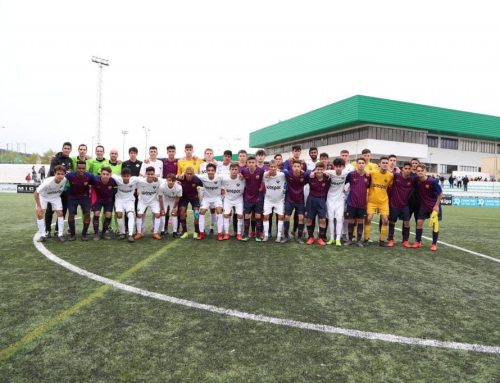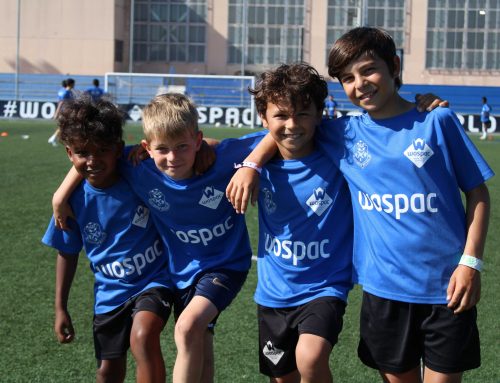Attending a Spain football academy is a dream for many young athletes worldwide. Spain’s football heritage is unmatched, and its academies are designed to develop top-tier players. However, moving to a new country for football training comes with its own challenges. Success in this journey requires not only technical skills but also mental preparation and cultural understanding.
Whether you’re traveling from across Europe or a different continent, preparing properly will enhance your experience. From language basics to football expectations, every detail counts. Here are practical steps to help you adapt and thrive at a football academy in Spain.
Understanding the Training Intensity and Structure
Training at a Spain football academy is rigorous and highly structured. Players typically train once or twice daily, depending on the program and age level. Sessions include tactical drills, strength conditioning, technical practice, and match simulations.
It is important to arrive physically fit and mentally prepared. While natural talent is valuable, consistency and effort are equally important. Athletes who can maintain focus through demanding schedules usually perform better. Therefore, preparing early through fitness routines will ease the transition into training life.
Building a Strong Football Mindset and Discipline
Football academies in Spain emphasize not just physical skill, but mental sharpness and game intelligence. Players are taught to make quick decisions under pressure and adapt to fast-changing match conditions. Coaches expect full commitment on and off the pitch.
To prepare, young players should work on discipline and emotional control. It’s also helpful to watch Spanish league matches and observe player movements and strategies. Developing a strong football mindset before joining a Spain football academy can give students a major advantage during evaluations and matches.
Learning Basic Spanish for Easier Communication
One of the biggest adjustments for international students in Spain football academy is the language barrier. While many staff members may speak English, Spanish is the dominant language in everyday life. Training instructions, team interactions, and even off-field discussions often happen in Spanish.

Although fluency isn’t required, learning basic Spanish phrases can improve your comfort and confidence. Start practicing months before arrival using online tools or language tutors. This effort will not only help in training sessions but also show respect to teammates and coaches.
Adapting to Spanish Culture and Lifestyle
Culture plays a significant role in how young athletes experience life abroad. Spanish society is relaxed, social, and family-oriented. Meals are often shared, and personal relationships matter greatly. At the same time, expectations in professional environments remain high.
Students should prepare to respect local customs, including greeting styles, daily routines, and eating habits. For example, lunch is typically the largest meal, and late dinners are normal. Adjusting to these changes helps create a smoother daily rhythm at a Spain football academy.
Embracing Team Dynamics and Peer Relationships
Teamwork lies at the heart of football, and academies are no different. Players live, train, and grow alongside peers from different countries. Learning to cooperate and communicate is essential for success both on and off the field.
Therefore, preparing to be open-minded and socially aware is important. Conflicts can arise from cultural misunderstandings, so listening and observing help build stronger bonds. A Spain football academy values players who show leadership and adaptability in group settings, not just technical skill.
Staying Organized with School, Training, and Recovery
Many Spain football academies combine football training with academic education. Students must balance training schedules, travel matches, and classroom assignments. Being organized can greatly reduce stress and improve overall performance.
Before joining, create a time management system that works for you. Use digital planners or notebooks to stay on top of your responsibilities. It is also critical to focus on sleep, nutrition, and recovery. These habits, developed early, will help athletes thrive in the structured academy environment.
Conclusion
Living and training at a Spain football academy is both exciting and demanding. To make the most of the experience, players must prepare beyond just technical ability. Understanding training routines, developing a professional mindset, learning the language, and embracing cultural differences all contribute to long-term success.
With the right preparation, students can confidently step into one of the most competitive and rewarding football environments in the world. Spain continues to shape football legends, and for many, it starts right inside these elite academies.





